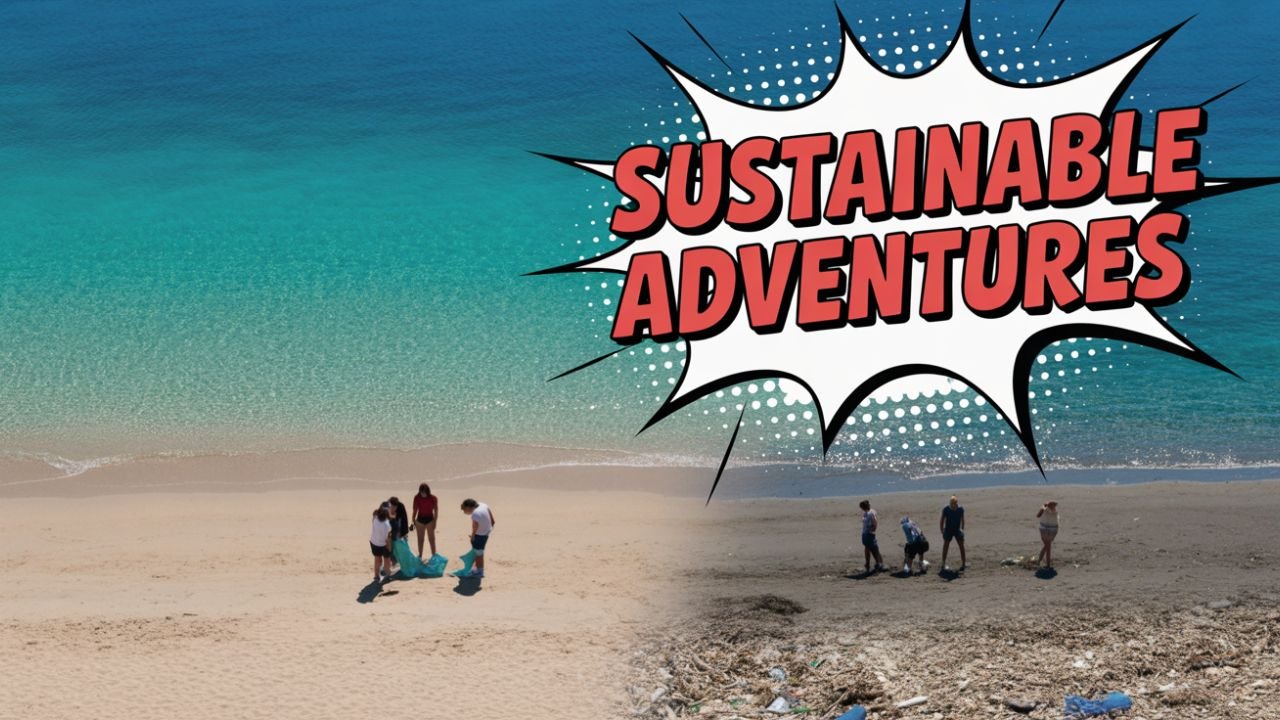Today’s time is changing rapidly. Technological advancement, environmental imbalance, global pandemic and social changes have completely affected our lifestyle. At such a time, the field of tourism is also redefining its role in a new way. Now tourism is no longer just a means of traveling and having fun, but it has become a part of social, economic and environmental responsibility. On the path of this change is Circular Tourism – a model that not only protects the environment but also empowers local communities.
What is circular tourism?
Circular tourism is an idea that redefines tourism as a sustainable and inclusive model. Its aim is to reduce environmental damage and balance the economic impact by reusing local resources.
The idea behind this model is clear — minimizing the consumption of new goods and raw materials and maximizing the reuse of existing ones. Hotels, restaurants, travel agencies, and travelers all work together towards a sustainable system.
Addressing today’s challenges
The COVID-19 pandemic has shown that we need to rethink our lifestyles and the way we travel. The need of the hour is to transform traditional methods of production, transportation, consumption, and waste management.
This is what circular tourism aims to do — to create sustainable and recyclable systems that reduce environmental pressure, and strengthen local economies. This is especially important in environmentally sensitive places like the Mediterranean region.
Practical and visionary measures for change
Many cities have begun to adapt their infrastructure in this direction. There are now more options being adopted that promote active, safe and sustainable mobility — such as cycling, using public transport, and car and bike sharing services.
All these efforts are making tourism more conscious, responsible and environmentally friendly, while also ensuring that travellers have an accessible and comfortable travel experience, without harming the environment.
Why is it important for tourism businesses?
If you are running a tourism business, adopting circular tourism can be a smart and far-reaching decision. It not only enhances brand value, but also builds customer loyalty.
- Businesses can generate less waste
- Use renewable energy sources
- Promote local crafts, food and culture
- And most importantly – provide an experiential travel that respects the environment and the community.
Travelers are also an important part of this change
Not just businesses, but travelers can also play an important role in this change. When a tourist stays at a place that follows sustainable practices, buys local goods, uses less plastic, and takes care of resources during the trip, he also becomes a partner in change.
This traveler is the eco-tourist of tomorrow — who carries joy as well as responsibility in his travel.
ECOTOURS Project: Towards the future of travel
ECOTOURS is a project that is working towards putting circular tourism into practice. Its aim is to inspire local communities to learn, share and adopt environmentally friendly tourism models.
This project not only spreads awareness about the environment, but also opens up possibilities for employment, education and economic development. Under this, a lot of free content and resources are being made available to travelers and businesses, which promote environmentally conscious travel.
Conclusion: Would you like to be a part of this green revolution?
Circular tourism is not a temporary trend, but an imperative of the future. It teaches us not only to protect the environment, but also how we can use our resources judiciously.
If you are a traveler, a business or just a person who cares about nature — then it’s time for you to be a part of this green journey.
Let’s go on this green journey together — if not barefoot, then with an open heart
Circular Tourism — the most sustainable and powerful form of travel of the future.
Travel responsibly, connect with nature.
If you want to get more information, experiences, stories or useful resources on this topic, do not forget to join the ECOTOURS project.
